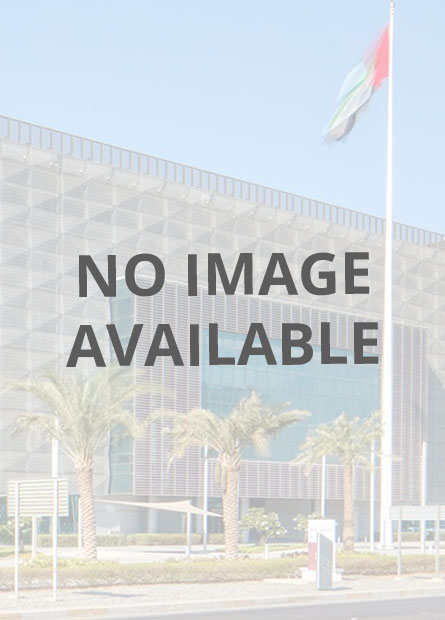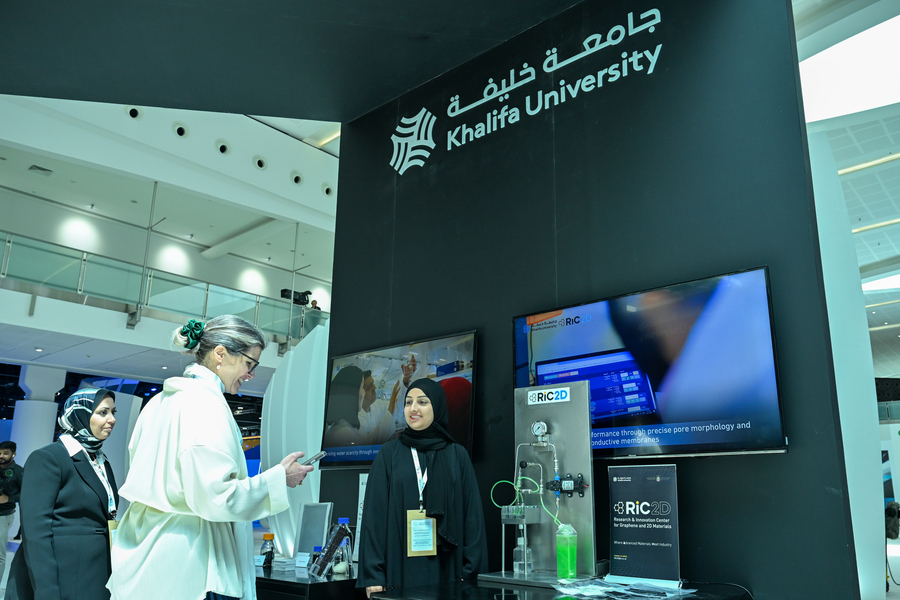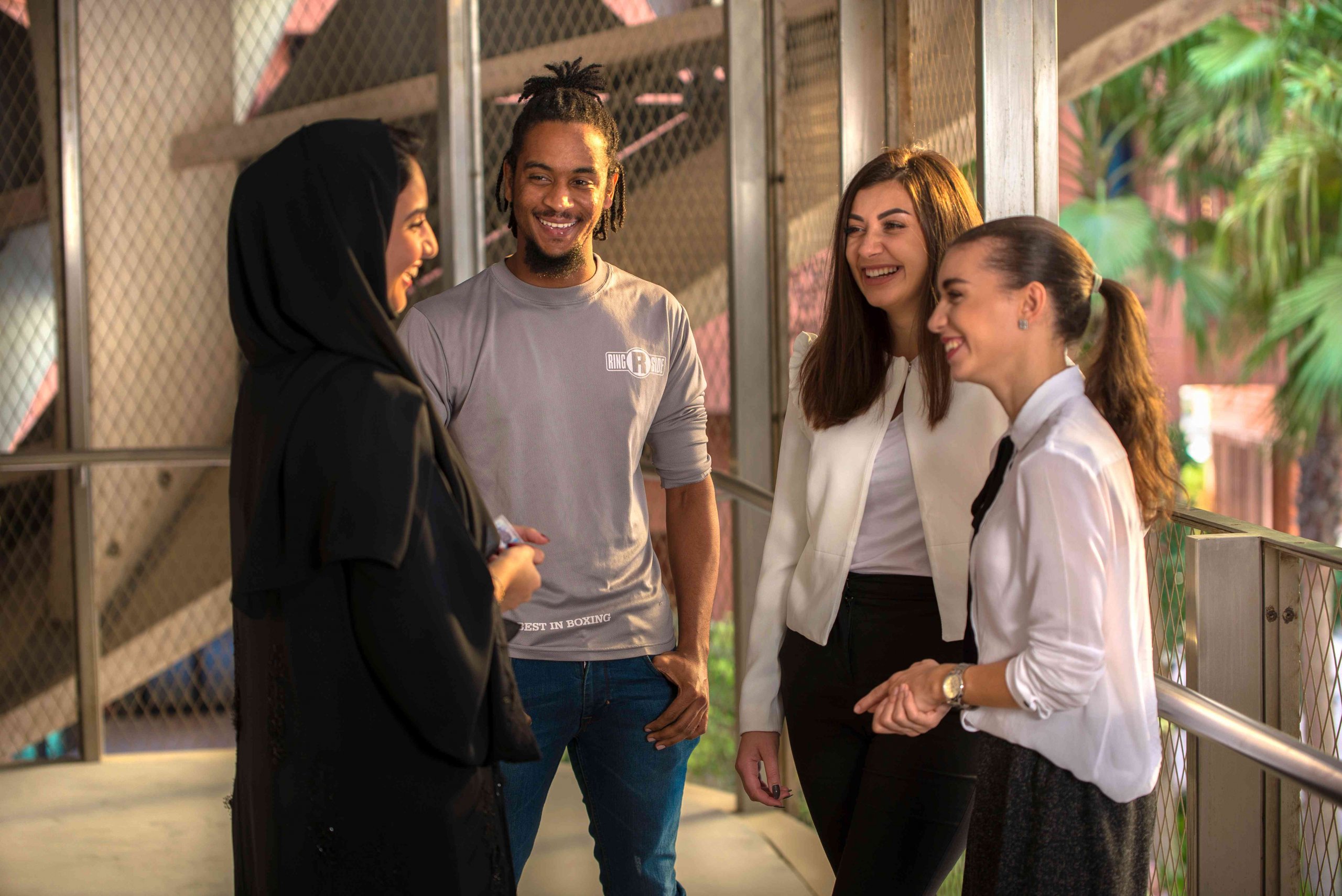Dr. Sgouris Sgouridis Shares Research Outcomes on Intelligent Transport Systems
Abu Dhabi-UAE: 27 December, 2011 – Masdar Institute of Science and Technology, an independent, research-driven graduate-level university focused on advanced energy and sustainable technologies, today announced Dr. Sgouris Sgouridis, Assistant Professor – Engineering Systems and Management, shared his research outcomes on intelligent transport systems (ITS) at a seminar in Dubai.
Dr. Sgouris Sgouridis participated in a workshop on ‘Intelligent Urban Transport’, offering updates from his current research and exchanged expertise with other stakeholders on ITS in the region. Organized by the Chair Management of Network Industries MIR, Ecole Polytechnique Fédérale de Lausanne (EPFL) and the EPFL Middle East, the workshop identified the role of ICTs in making transportation systems more efficient.
Over 15 senior and high profile participants from the UAE, GCC region and Switzerland attended the event that was held in Dubai.
In sustainable transportation, Dr. Sgouridis’ scope of research covers areas including ‘commercial aviation sustainability’, ‘personal rapid transit systems’, ‘biofuel deployment and assessment’ through integrated seawater agriculture systems.
Dr. Sgouridis said: “Only through efficient vehicles and reduced vehicle use could we achieve sustainability. Energy efficiency and conservation increase fuel economy can be achieved for two billion cars from 30-60 miles per gallon (mpg) through the right size of the car with the right power. At the same time, decrease car travel for two billion 30-mpg cars could be possible by urban design, mass transit and telecommuting.
“One of the most effective ways of combating climate change would be to improve specific aspects of our everyday interaction with the environment; transportation is a case in point. Carpooling for 20km with someone already driving to where you are going instead of taking your own car can save energy to the tune of 108 MJs. Use of bikes or even walking whenever possible makes a huge difference in saving energy.”
The transport sector globally is the single highest energy consumer (around 19%) producing around a quarter of the world’s CO2 emissions. Although road transport accounts for 75% of worldwide transport CO2 emissions according to the International Energy Agency (IEA), aviation and shipping are rapidly catching up. However, the global aviation industry today contributes around 2.1% of CO2 emissions and initiatives in the use of alternative fuels for air transport are beginning to really take off.
Dr. Sgouridis added: “In Abu Dhabi, Masdar City began a year-long electric vehicle pilot project with Mitsubishi Heavy Industries to look into the feasibility of having a point-to-point transport system. If successful, the scheme could not only have major implications for the future of road transport at Masdar City but for the Middle East region at large. The driverless personal rapid transit (PRT) pod cars are also being piloted at the sustainable city and the results have been encouraging.”
The workshop in Dubai also aimed to explore how intelligence can be embedded into transportation systems, how ICTs can help improve the governance of transportation systems, and analyze how intelligent systems can be used to make the community more actively participate in governance.
Established as an on-going collaboration with the Massachusetts Institute of Technology (MIT), Masdar Institute integrates theory and practice to incubate a culture of innovation and entrepreneurship, working to develop the critical thinkers and leaders of tomorrow. With its world-class faculty and top-tier students, Masdar Institute is committed to finding solutions to the challenges of clean energy and climate change.






